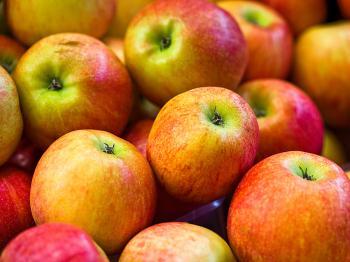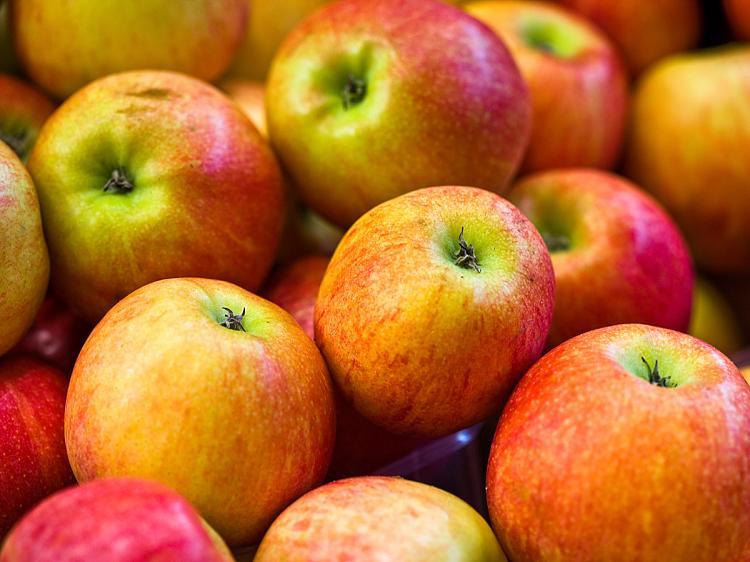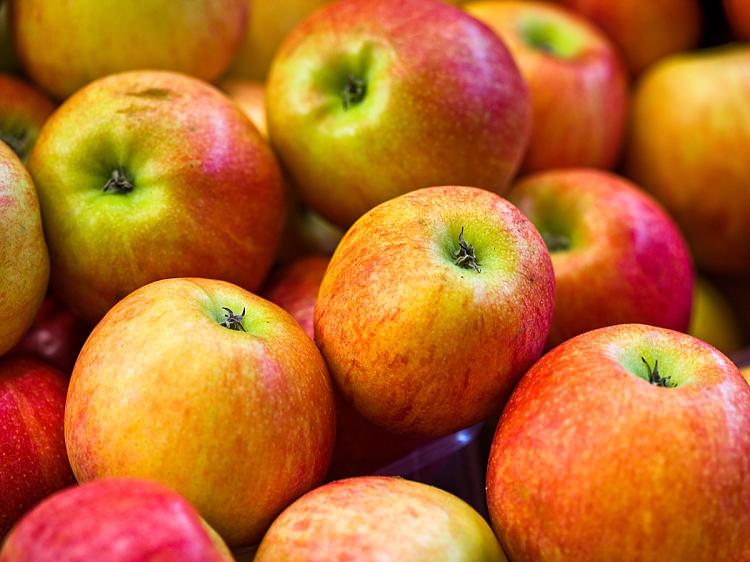An apple a day keeps the doctor away, but why? New research by scientists in Denmark have explored the science behind the classic saying.
Microbiologists from the National Food Institute at the Technical University of Denmark fed one group of rats a control diet and another group of rats a diet that was rich in whole apples, apple juice, purée, or pomace.
On feeding them, the scientists observed the microbial content of the rats’ digestive systems.
“Certain bacteria are believed to be beneficial for digestive health and may influence the risk for cancer,” said research leader Dr. Tine Rask Licht of the Technical University of Denmark, in a press release.
“In our study we found that rats eating a diet high in pectin, a component of dietary fiber in apples, had increased amounts of certain bacteria that may improve intestinal health,” said co-researcher Dr. Andrea Wilcks, also from the Technical University of Denmark.
“It seems that when apples are eaten regularly and over a prolonged period of time, these bacteria help produce short-chain fatty acids that provide ideal pH conditions for ensuring a beneficial balance of microorganisms. They also produce a chemical called butyrate, which is an important fuel for the cells of the intestinal wall.”
The research was published in the journal BMC Microbiology. Further research is required to determine whether a human’s digestive system would respond to apples the same way a rat’s did.
To read the research paper, please visit http://www.biomedcentral.com/content/pdf/1471-2180-10-13.pdf
Microbiologists from the National Food Institute at the Technical University of Denmark fed one group of rats a control diet and another group of rats a diet that was rich in whole apples, apple juice, purée, or pomace.
On feeding them, the scientists observed the microbial content of the rats’ digestive systems.
“Certain bacteria are believed to be beneficial for digestive health and may influence the risk for cancer,” said research leader Dr. Tine Rask Licht of the Technical University of Denmark, in a press release.
“In our study we found that rats eating a diet high in pectin, a component of dietary fiber in apples, had increased amounts of certain bacteria that may improve intestinal health,” said co-researcher Dr. Andrea Wilcks, also from the Technical University of Denmark.
“It seems that when apples are eaten regularly and over a prolonged period of time, these bacteria help produce short-chain fatty acids that provide ideal pH conditions for ensuring a beneficial balance of microorganisms. They also produce a chemical called butyrate, which is an important fuel for the cells of the intestinal wall.”
The research was published in the journal BMC Microbiology. Further research is required to determine whether a human’s digestive system would respond to apples the same way a rat’s did.
To read the research paper, please visit http://www.biomedcentral.com/content/pdf/1471-2180-10-13.pdf






